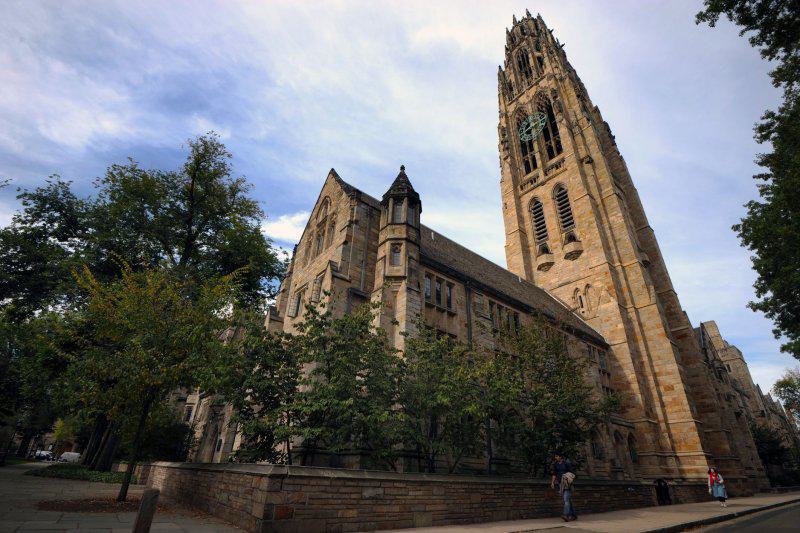5 Reasons Why Yale is Rethinking its Test-Optional Policy for College Admissions
February 22, 2024 - Reading time: 3 minutes

Yale University has announced that they will once again require students to submit their standardized test scores when applying for admission.
This decision comes after officials found that these scores were the single best predictor of a student's academic performance, and not considering them could be disadvantageous for those who have already faced numerous challenges.
This change is likely to be closely monitored by students aspiring to attend highly selective colleges as well as other universities evaluating their own policies. The new policy will go into effect for first-year and transfer applicants in fall 2025. This decision follows another Ivy League institution, Dartmouth College, which announced earlier this month that it would require SAT and ACT scores once again.
The change comes after the COVID-19 pandemic disrupted testing, leading Yale and many other colleges to drop requirements for applicants to submit standardized tests such as the SAT or ACT. As debate continued over the value of these tests - including criticism that they provided another barrier for disadvantaged students - many schools maintained their test-optional policies even as public health concerns eased.
Yale and other institutions have had a chance to examine the impact of this change, and many are still undecided on what their final policy will be. Yale found through its analyses that standardized test scores accurately predicted academic performance. Students with higher scores were more likely to achieve better grades at Yale. Test scores also predicted students' grades at Yale better than any other information provided in the application.
Despite this, over 1,000 students have been admitted without submitting their scores in recent years. However, analyses found that applicants who withheld scores were less likely to be admitted - especially those from lower-income families and high schools with fewer college preparatory courses. Yale's Dean of Undergraduate Admissions and Financial Aid, Jeremiah Quinlan, stated that including test scores as one component in a thoughtful whole-person review process can help increase the diversity of the student body rather than decrease it.
Yale will now allow more types of tests to be submitted, such as Advanced Placement (AP) and International Baccalaureate (IB) scores, along with SAT and ACT scores. This decision acknowledges that "the world has changed," according to Quinlan, with the SAT and ACT being less central for students due to many schools' test-optional policies and the entire University of California system determining not to consider such scores at all.
FairTest, an organization opposing the use of standardized tests like the SAT and ACT, estimates that over 80% of four-year colleges will not require these scores for admission in fall 2025. Harry Feder, FairTest's executive director, stated that test-optional policies typically result in more applicants, academically stronger applicants, and a more diverse student body.
Yale did see an increase in applications since making the scores optional - from 35,000 to 57,000, which is 66% higher in four years. These pools also included "record numbers of applications from students who will be the first in their families to attend college, who live in lower-income neighborhoods, and who identify as members of underrepresented minority groups." However, when applications without scores were reviewed, admissions officers

DW Staff
David Lintott is the Editor-in-Chief, leading our team of talented freelance journalists. He specializes in covering culture, sport, and society. Originally from the decaying seaside town of Eastbourne, he attributes his insightful world-weariness to his roots in this unique setting.



